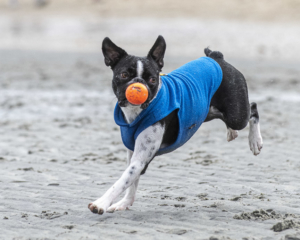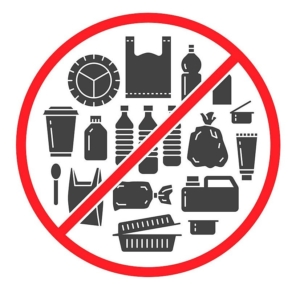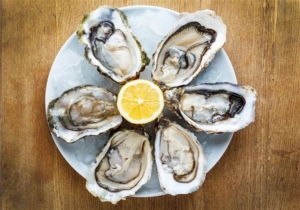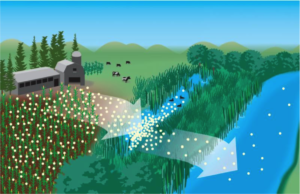Our Mild Winter
Part 1: Three Local Actions to combat a Global Crisis

This guy doesn’t mind the mild winter we have been having!
This week around Long Island Sound we will again see rain rather than snow and shoots of new growth popping up rather than icicles dripping down. And while less snow makes for an easier commute, there is something deeply unsettling about this new normal. Climate is not weather, and one mild winter does not equal a climate emergency, but this mild weather, coupled with rigorous scientific analysis of past trends makes it clear: our planet is warming (see, among so many others, this compilation of data from Berkeley Earth). This has many people asking what can be done.

1.Waste less plastic. Eliminate single use plastic from your life for one week. Take the plunge and get rid of it all because all that plastic waste (the bags, the straw, the cups, the wrap… ) is both a big contributor to the debris in the Sound and, really, rather easily eliminated. Not sure? Too inconvenient? Just do it for a week and see how it feels. Less single use plastic in our lives means less plastic debris in our waterways and less toxins for our marine life. Horseshoe crabs are about as resilient a creature as you can find (they have persevered for over 350 million years), but they cannot survive if they ingest plastic. Your plastic; our plastic. Sometimes it’s just that simple.

2. Eat more oysters. Being Green isn’t all about giving up things. Oysters are good for Long Island Sound – by filtering the water and removing nitrogen. So help keep our local oyster industry thriving and enjoy the best oysters on the planet, harvested right here in Long Island Sound.
 3. Grow better lawns. A bright green lawn (and you know what we mean) is NOT a sign of a healthy lawn or a healthy ecosystem. In the coming weeks, homeowners and their landscapers will be readying lawns for spring. The temptation is to pour on that fertilizer to get an early and bright green lawn, but this creates downstream problems, as the excess nitrogen just flows down to the Sound. You can’t see this flow, as you can with the plastics, but it is just as important. So growing a better lawn, with less fertilizer, makes for a better local environment.
3. Grow better lawns. A bright green lawn (and you know what we mean) is NOT a sign of a healthy lawn or a healthy ecosystem. In the coming weeks, homeowners and their landscapers will be readying lawns for spring. The temptation is to pour on that fertilizer to get an early and bright green lawn, but this creates downstream problems, as the excess nitrogen just flows down to the Sound. You can’t see this flow, as you can with the plastics, but it is just as important. So growing a better lawn, with less fertilizer, makes for a better local environment.
A mild winter is an easier winter (less shoveling, slipping and sliding) but it is not necessarily better. Stay tuned for Mild Winter Part II: what a warm winter means for local wildlife.



